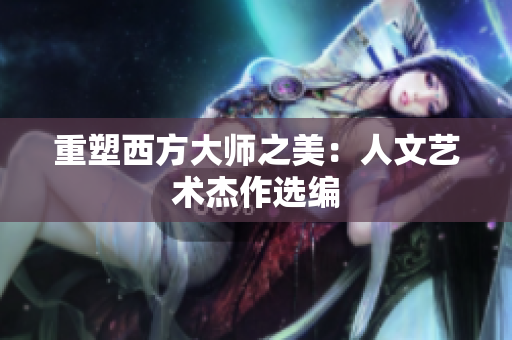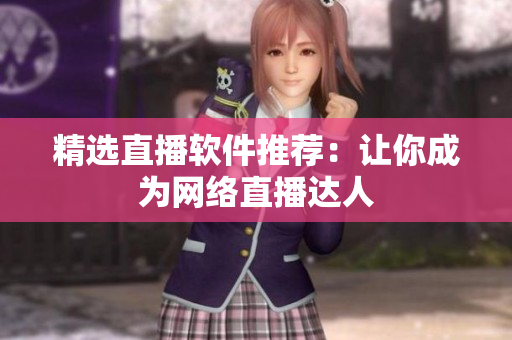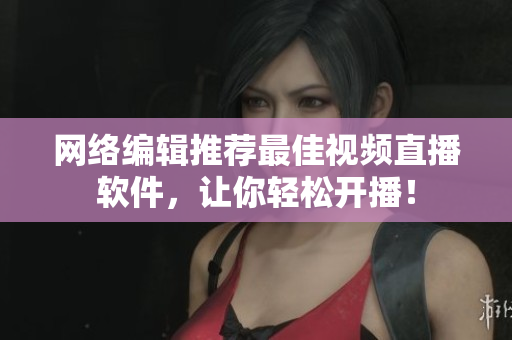Introduction
Throughout history, human civilization has produced countless works of art and literature that have stood the test of time and continue to influence and inspire people across the globe. From the masterpieces of the Renaissance to the modern works of literature, these cultural treasures have shaped our understanding of the world and enriched our lives in countless ways. In recent years, however, the rise of new technologies and emerging trends in society have presented a number of challenges for the preservation and promotion of Western humanistic arts. In this article, we will explore some of these challenges and consider potential solutions to help safeguard and celebrate these important works of art.
The Impact of 5G Technology
One of the most significant technological advancements of recent years is the development of 5G networks. While this technology has opened up many benefits for communication, it has also impacted the way that people access and interact with Western humanistic arts. With the rise of streaming and digital media, many people are consuming art through their devices rather than experiencing it in person. This shift in consumption patterns has raised concerns about the potential loss of cultural context and emotional resonance that comes with experiencing art in its intended setting. To address this challenge, art organizations and institutions should consider leveraging technology in new and creative ways that enhance rather than detract from the experience of engaging with Western humanistic arts.
The Role of Education
Education plays a critical role in the preservation and promotion of Western humanistic arts. However, many schools and universities have been struggling to maintain programs and courses that focus on these areas of study. With the constant pressure for students to pursue degrees in science, technology, engineering and math, there has been a decline in the number of students enrolling in humanities courses. This decline is concerning as much of the beauty and wisdom of Western humanistic arts is embedded within these subjects. To address this challenge, it is imperative that schools and universities provide more opportunities for students to learn about and engage with these important works of art.
The Ethics of Gaming
Gaming has become an ever-present aspect of modern culture. While gaming can be a fun and engaging form of entertainment, it has also led to the rise of unethical practices such as microtransactions and pay-to-win models. These practices have come under significant scrutiny in recent years, with many gamers calling for greater accountability and transparency in the industry. Another issue surrounding gaming is the tendency for some gamers to engage in exploitative behavior, such as manipulating other players and cheating in games. These issues are concerning as they undermine the virtues of fair play and respect which are central to many of the Western humanistic arts. To address this challenge, it is important for gamers and developers to engage in ethical discussions and practices that reflect the values of Western humanistic arts.
A Global Perspective
While Western humanistic arts have had a significant impact on global culture, it is important to recognize that they are just one part of a much broader and diverse global artistic community. One example of this is the thriving Southeast Asian art scene which is marked by unique styles and techniques that have evolved over centuries. However, despite the richness of this scene, there is a shortage of resources and funding to support its growth and development. To address this challenge, it is important for art institutions and organizations to expand their focus beyond Western art and engage with the broader global artistic community. This will not only promote greater cultural exchange and understanding but also provide opportunities for emerging artists to gain greater recognition and support.
Conclusion
In conclusion, the challenges facing Western humanistic arts are complex and multifaceted, ranging from technological disruption to ethical concerns and inadequate support for emerging art scenes outside the West. However, by engaging in dialogue and action, we can work together to address these challenges and ensure that these important cultural treasures continue to flourish for generations to come.









